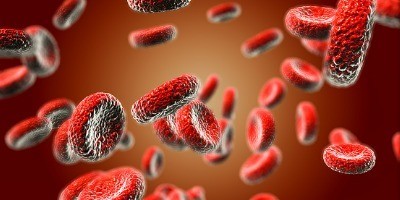
To reduce malnutrition among adolescent girls in Africa, the African Union in collaboration with Nutrition International last week launched an advocacy campaign dubbed ‘With Good Nutrition, She’ll Grow into It’.
The two-year campaign aims promote health, well-being and empowerment of girls through efforts that prevent anaemia, an iron-deficiency condition, and galvanises the support of policymakers to prioritise investment in adolescent nutrition.
Statistics shows that anemia among teenage girls costs AU member states a staggering $1.38 billion as an estimated 60 million cases of anaemia in adolescent girls are reported annually in Africa which is home to 250 million adolescents.
The initiative was launched in Maseru, Lesotho during a high-level dialogue on nutrition financing. Appealing to policymakers to priorities adolescent nutrition teenage girls from Kenya, Lesotho, Tanzania and Senegal spoke about how anaemia and other forms of malnutrition affect them.
Speaking during the event Minata Samate Cessouma, the AU Commission’s Commissioner for Health, Humanitarian Affairs and Social Development, urged AU member states to prioritise adolescent nutrition in their programmes and budgets to reduce the prevalence of anaemia.
“Anaemia impairs cognitive functioning, compromises school performance, reduces productivity and affects current and future reproductive health. This is why it’s imperative for all AU member states to make reducing it a priority, so that adolescent girls can reach their full potential and be active contributors to strong, prosperous African economies,” said Ms Cessouma.
Nutrition International’s Regional Director for Africa, Dr Richard Pendame, noted noted that investing in adolescents and their future over the next decade will determine the direction of the continent, and whether it achieves the demographic dividend that young people promise and deserve.
“As such, the benefits of optimising nutrition in this age group are enormous and demand urgent attention,” said Dr Pendame.
The AU has made ending malnutrition a priority, with the inclusion of six targets to be attained by 2025 in its African Regional Nutrition Strategy (2016-25). It declared 2022 as the Africa Year of Nutrition. Recently, in the Abidjan Declaration, it called on member states to end malnutrition in all its forms.
In April 2022, African Union Commission and Nutrition International signed a memorandum of understanding toward a shared vision to end hunger poverty. Nutrition International pledged to support the AU’s Africa Year of Nutrition activities in multiple areas, among them, prioritization of adolescent nutrition in AU member states.
More recently, in February 2023, Nutrition International doubled down on its commitments and pledged technical support to at least 30 AU member states. The organization also committed to supporting the development of three continental strategies over the next two years: Nutrition Communication and Advocacy, Adolescent Nutrition and Anaemia.

Leave a Reply